Eager parents quick to learn marriage lines
By Shi Yingying ( China Daily ) Updated: 2013-05-22 07:35:11'Most desperate corner'
Outside the venue for the Shanghai event, there was a strong sense of desperation as lines of parents flocked to the lane next to the entrance, and - baulking at the entrance fee - exchanged notes on their progress.
This impromptu matchmaking market is an extension of Shanghai's People's Park, or "the most desperate corner" as it's been dubbed by Web users.
The city-center park is Shanghai's top matchmaking haunt at weekends, a place where parents present information about their unmarried sons and daughters in interesting and innovative ways.
Details such as age, height, educational background, profession, income and what their children are looking for in their partners are inscribed on A4 sheets of paper, which are then slipped into clear plastic folders and displayed on high objects or hung from tree branches. However, no photos are shown until a parent expresses a serious interest.
Sun Peidong, a sociology professor with East China University of Political Science and Law, was confused that the format was so popular, despite its low success rate, before she chose the spot for a field study and spent almost a year interviewing more than 40 "desperate" parents aged between 48 and 73.
"In big cities such as Shanghai, choosing a mate is more than a personal choice for singles. Rather, it's a family choice, because parents and their adult children are bound by issues such as housing, social welfare and security and China's family planning policy," said Sun.
"For example, Chinese parents are insecure about the social safety net, including pensions and health care, as the country's current welfare and security system can't take good care of them, and so their only child needs to do the job instead," she said. "Therefore, picking a son- or daughter-in-law is like purchasing reliable life insurance for the future of their children and themselves. They want to upgrade their children's lives by finding the perfect better half."
Yin Peiyong, 65, a frequent visitor to People's Park, admitted that many other parents back off when they hear that his son only earns 5,000 yuan a month. "They think it's too little and inevitably focus more on material issues such as income and housing, rather than personality and temperament," he said.
|
|
|
|
|
|
|
|
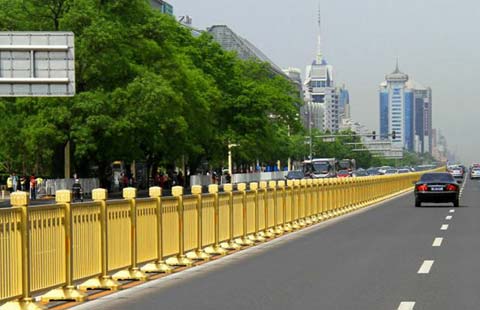
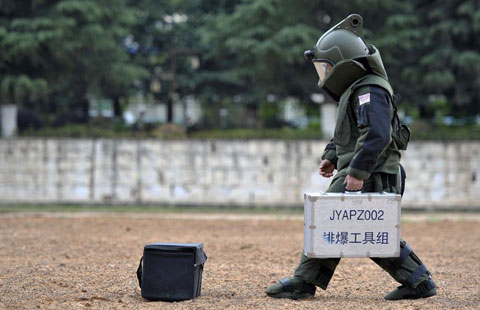

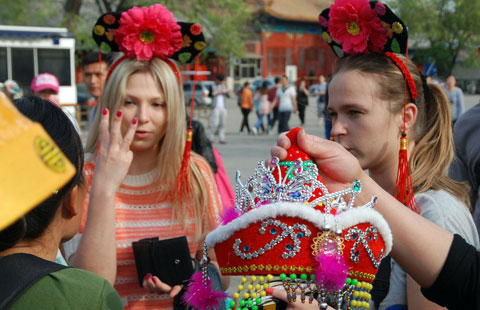




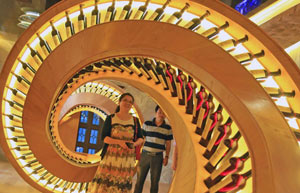

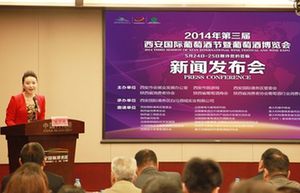







 Op Rana
Op Rana Berlin Fang
Berlin Fang Zhu Yuan
Zhu Yuan Huang Xiangyang
Huang Xiangyang Chen Weihua
Chen Weihua Liu Shinan
Liu Shinan